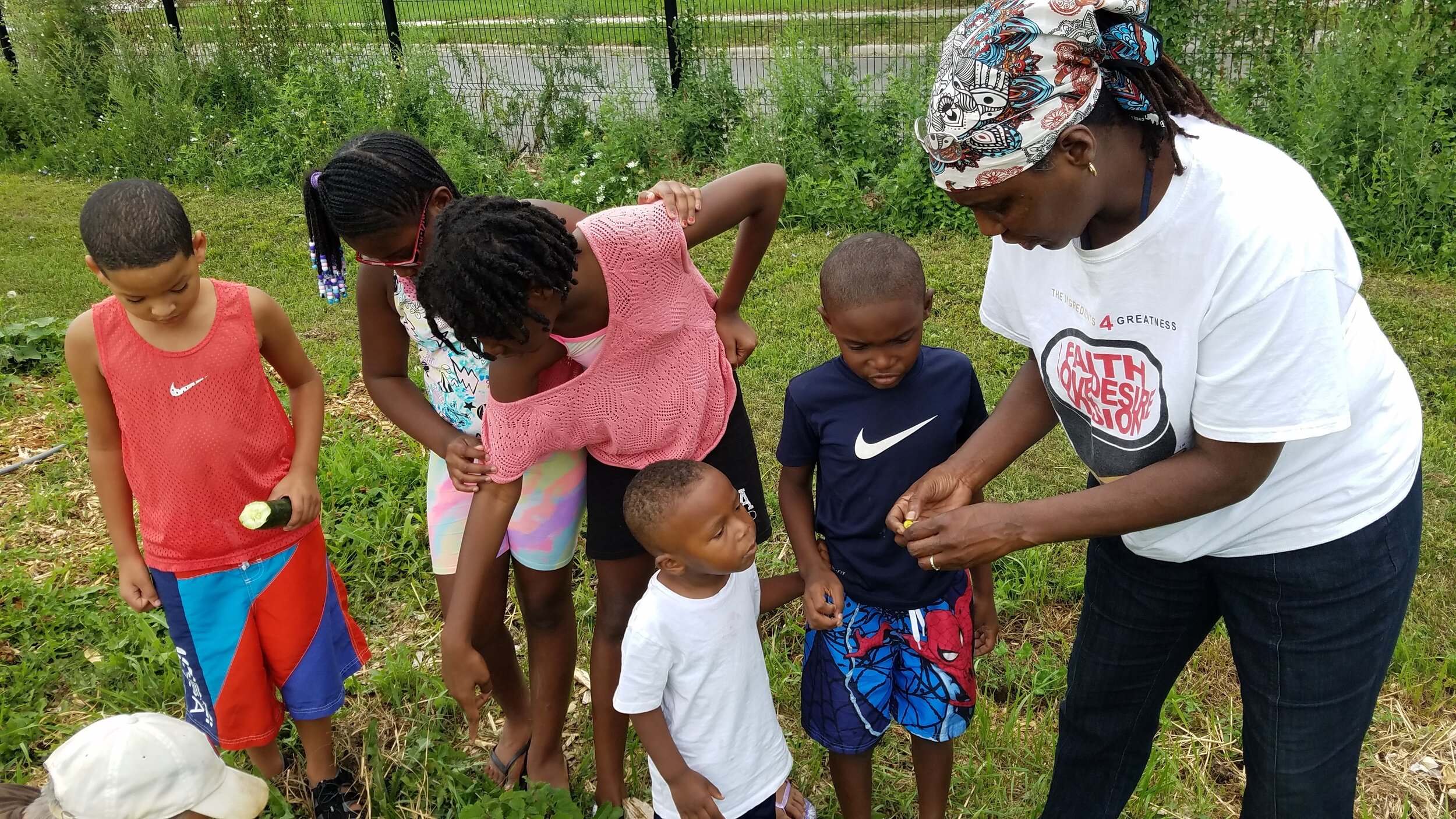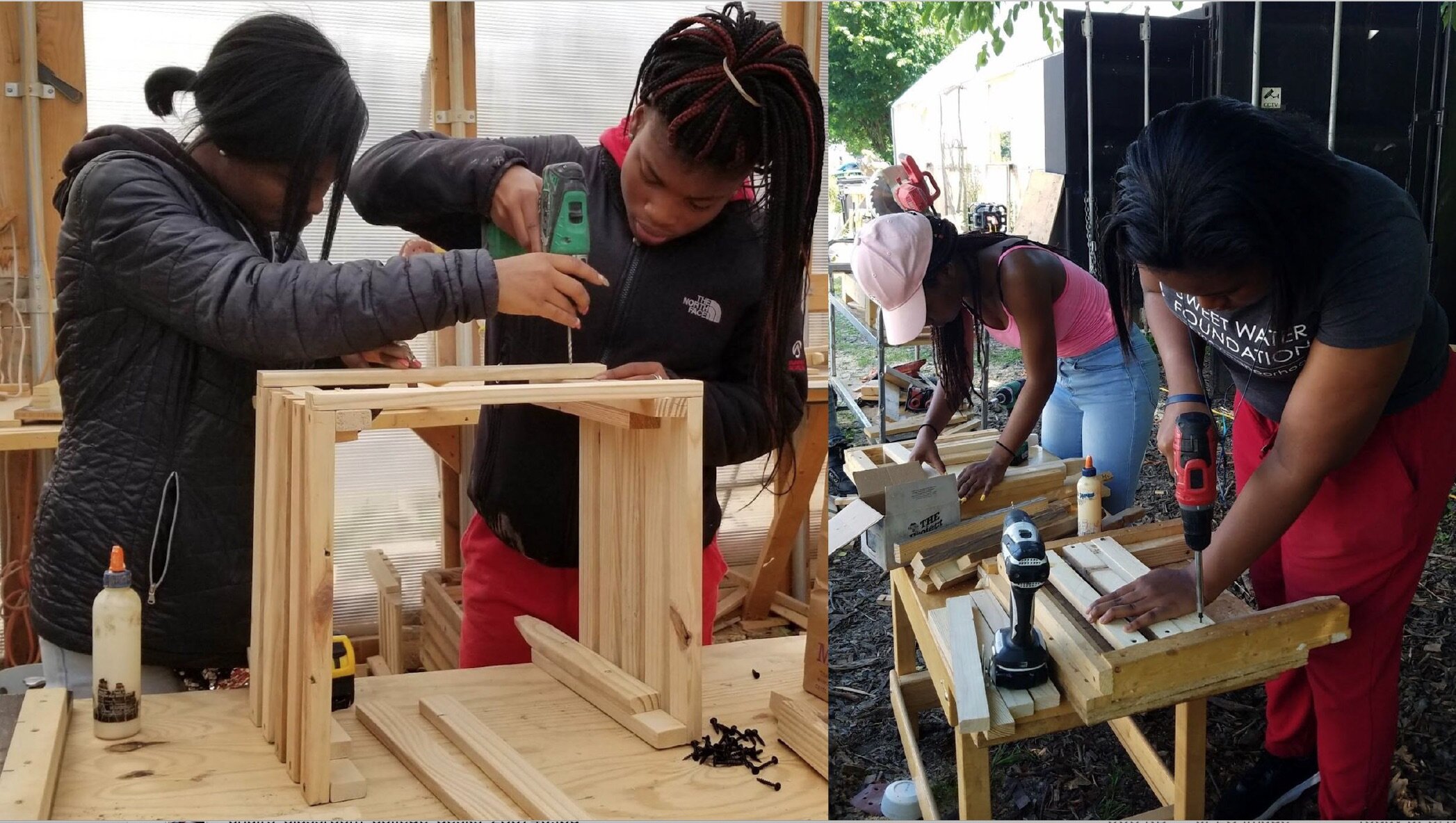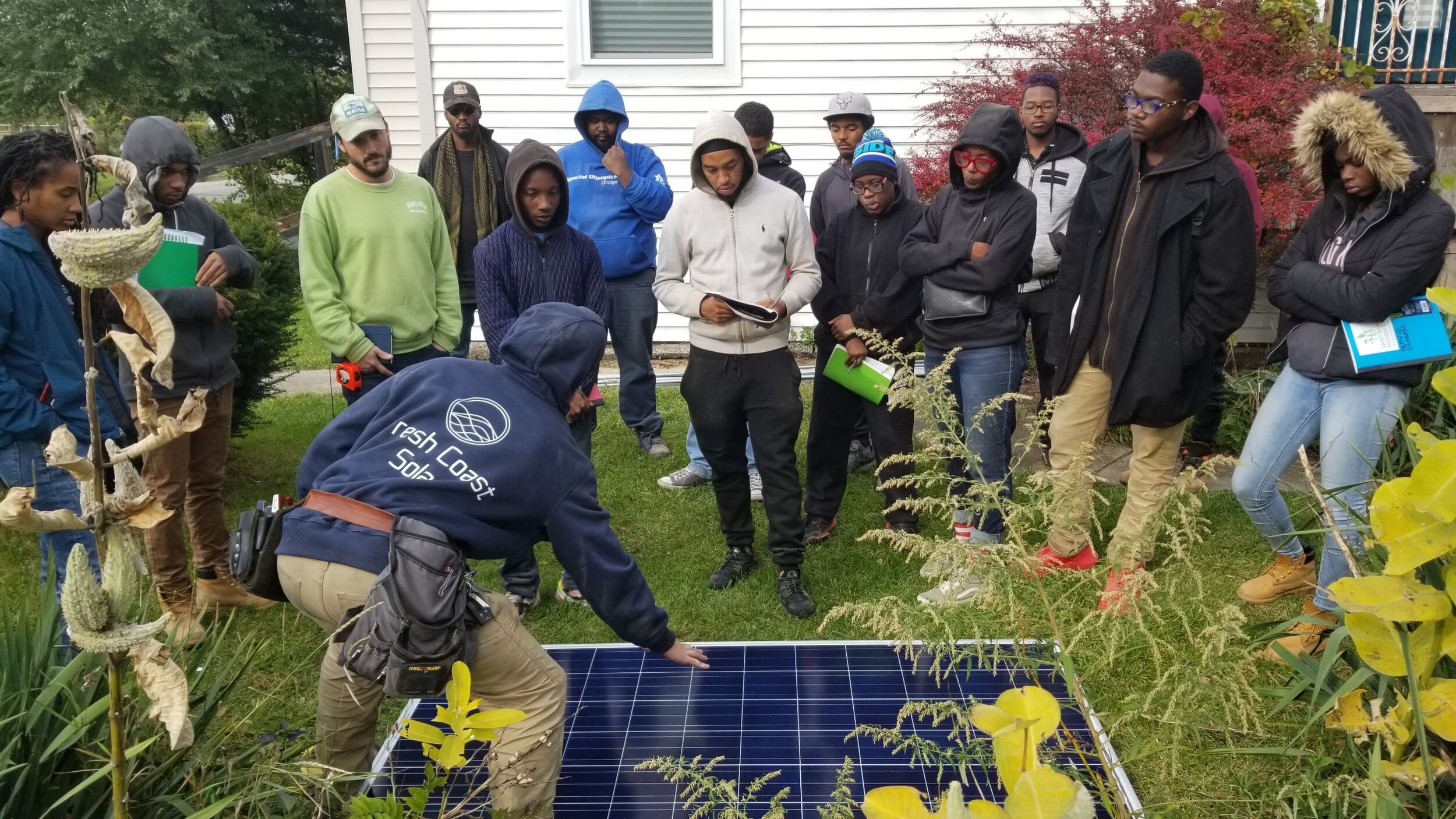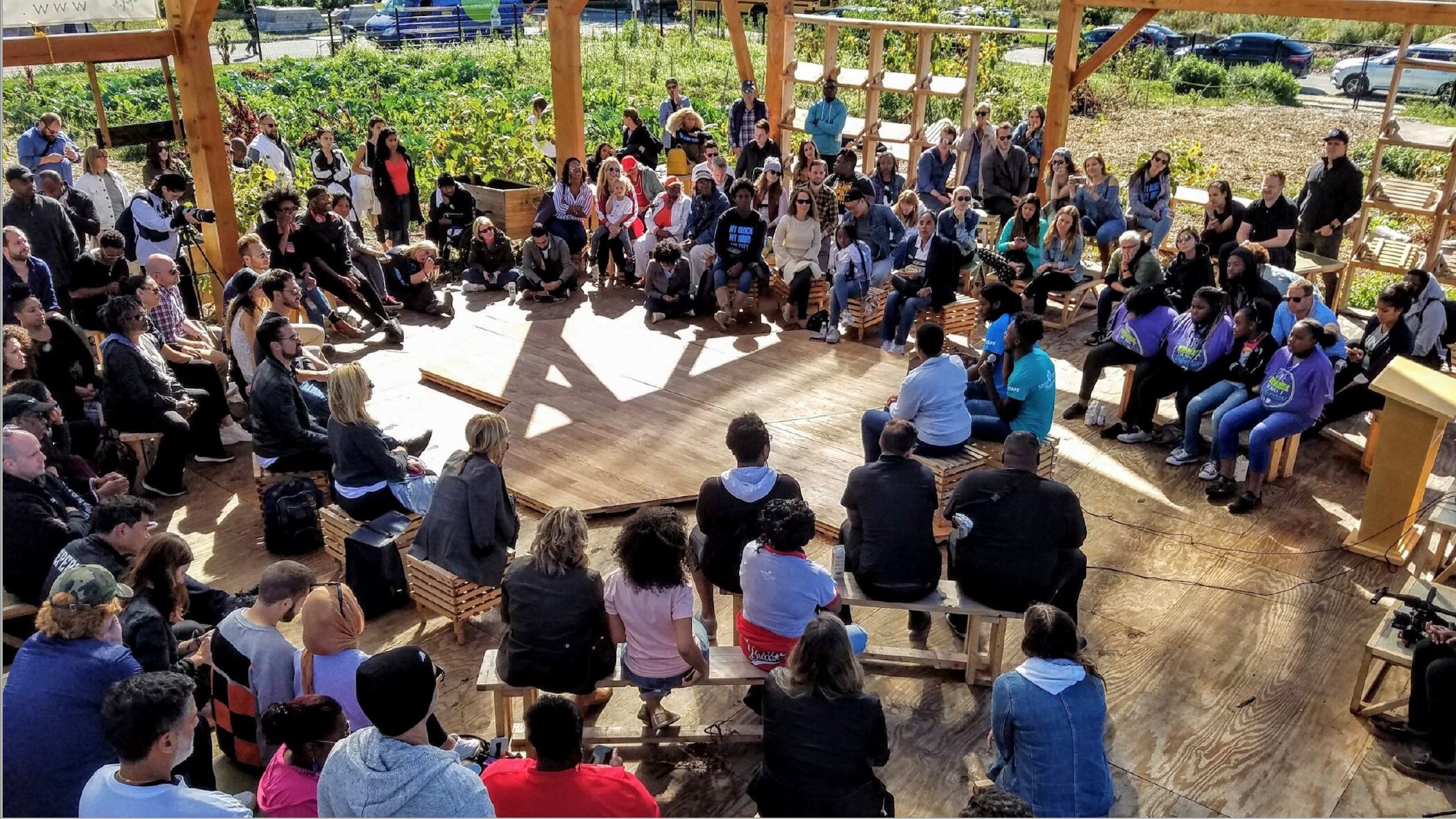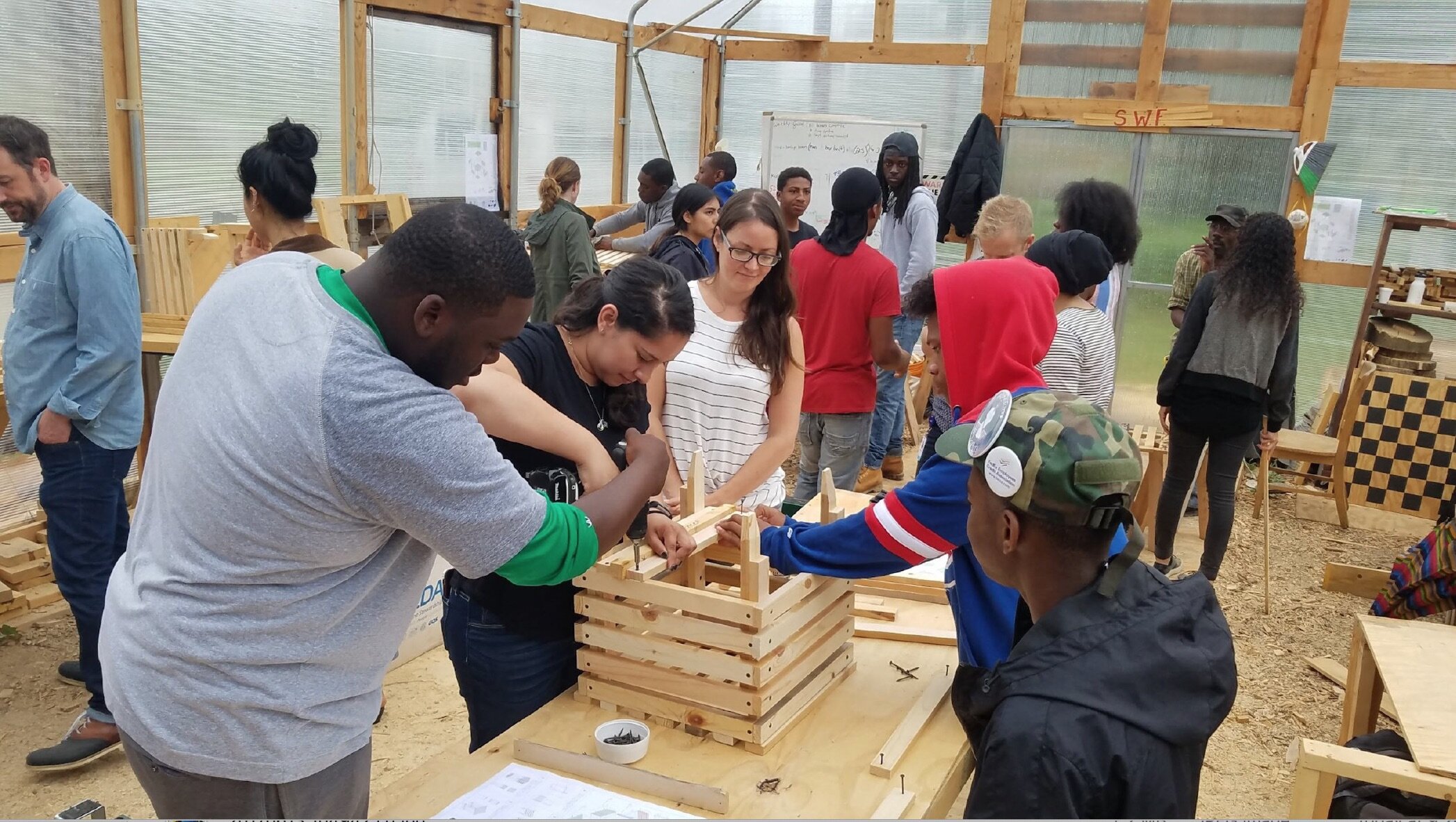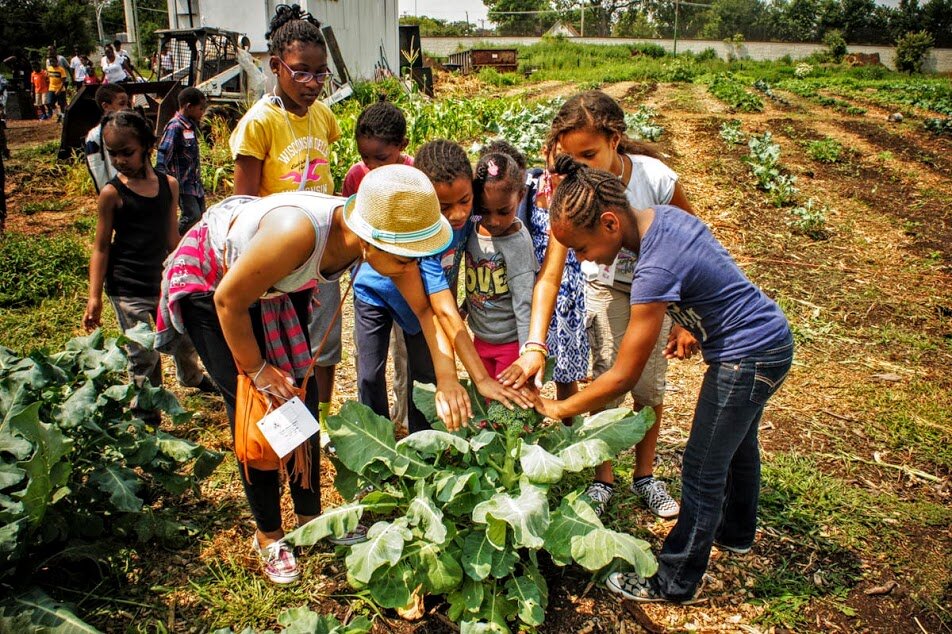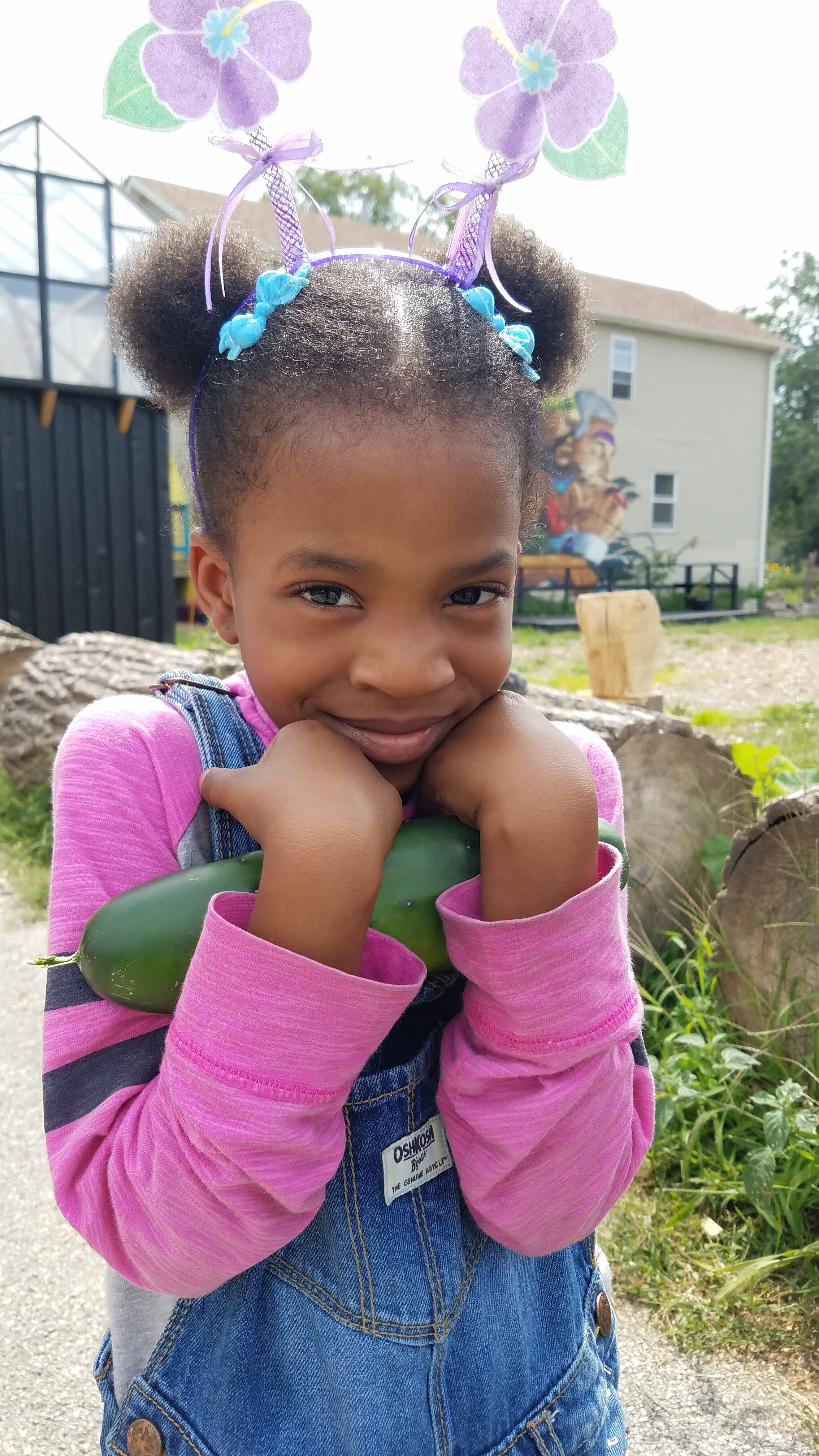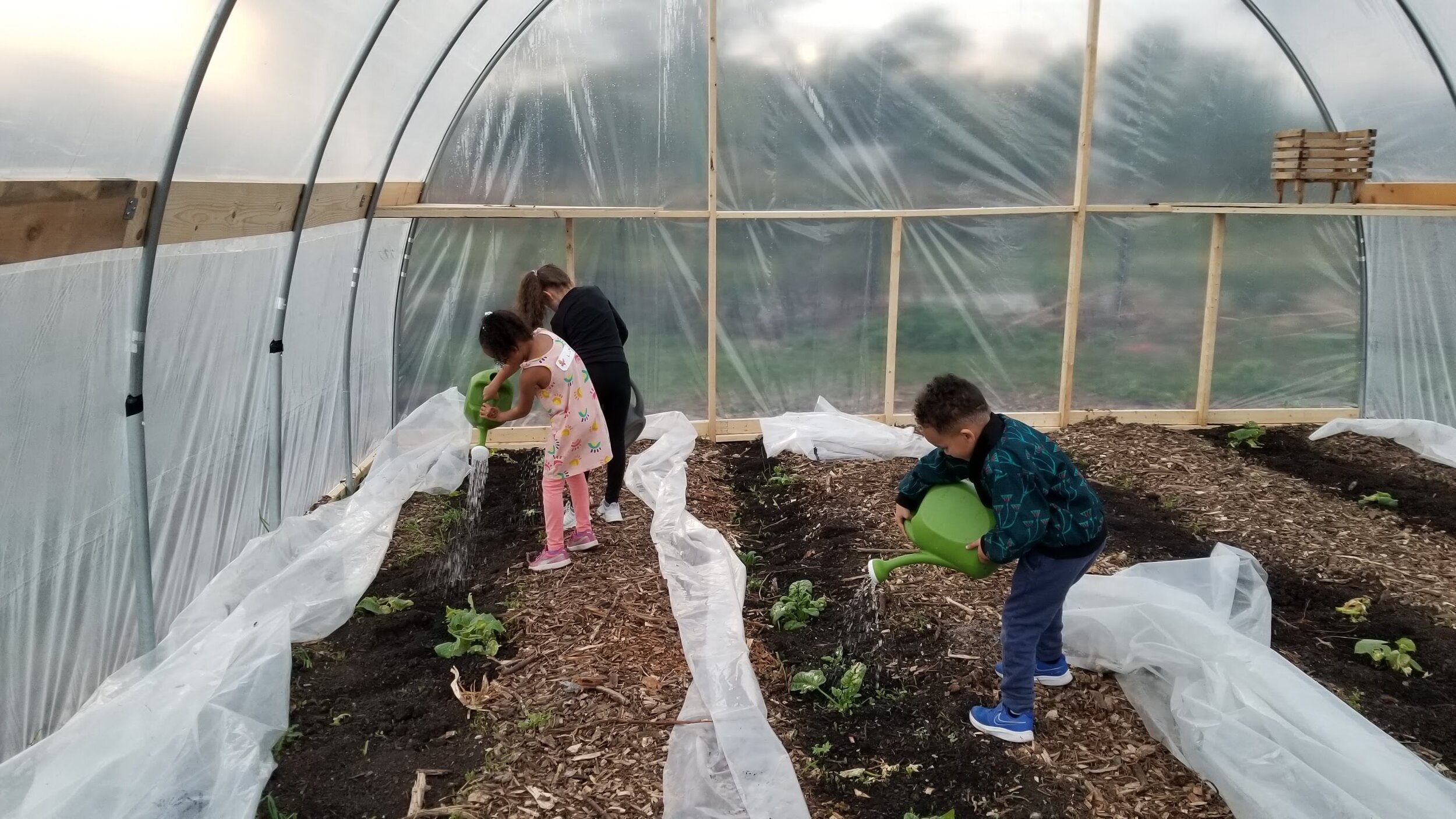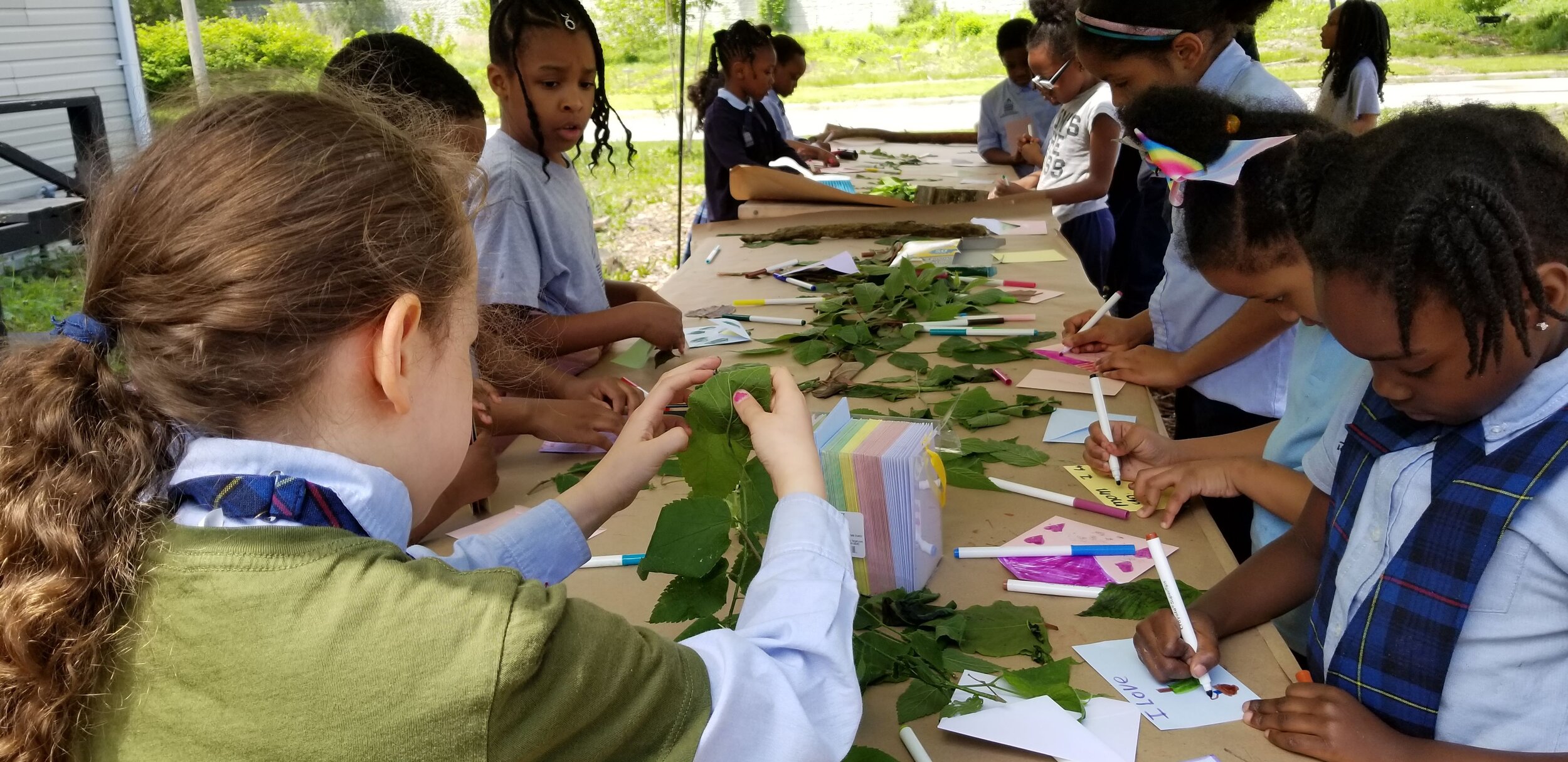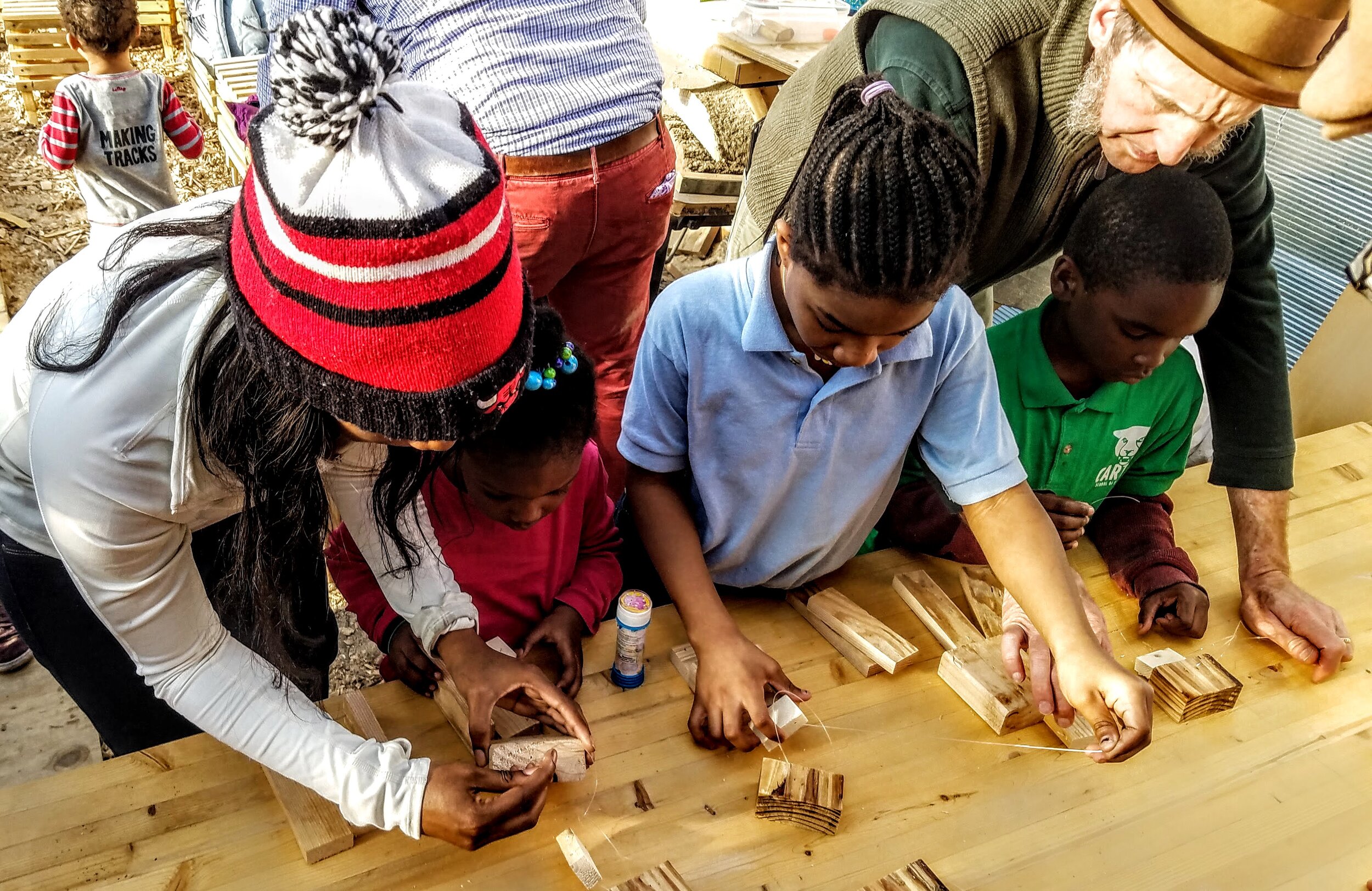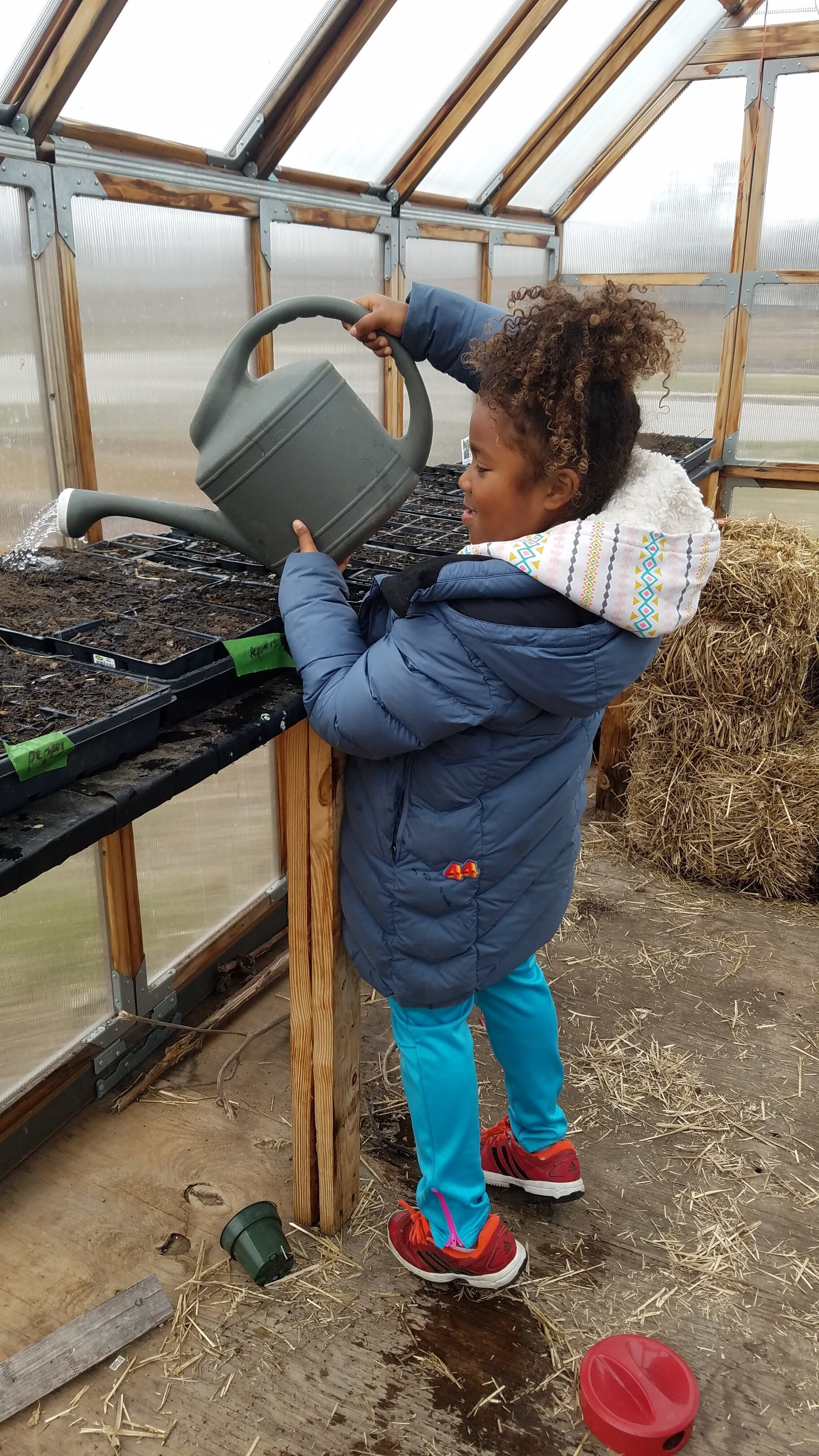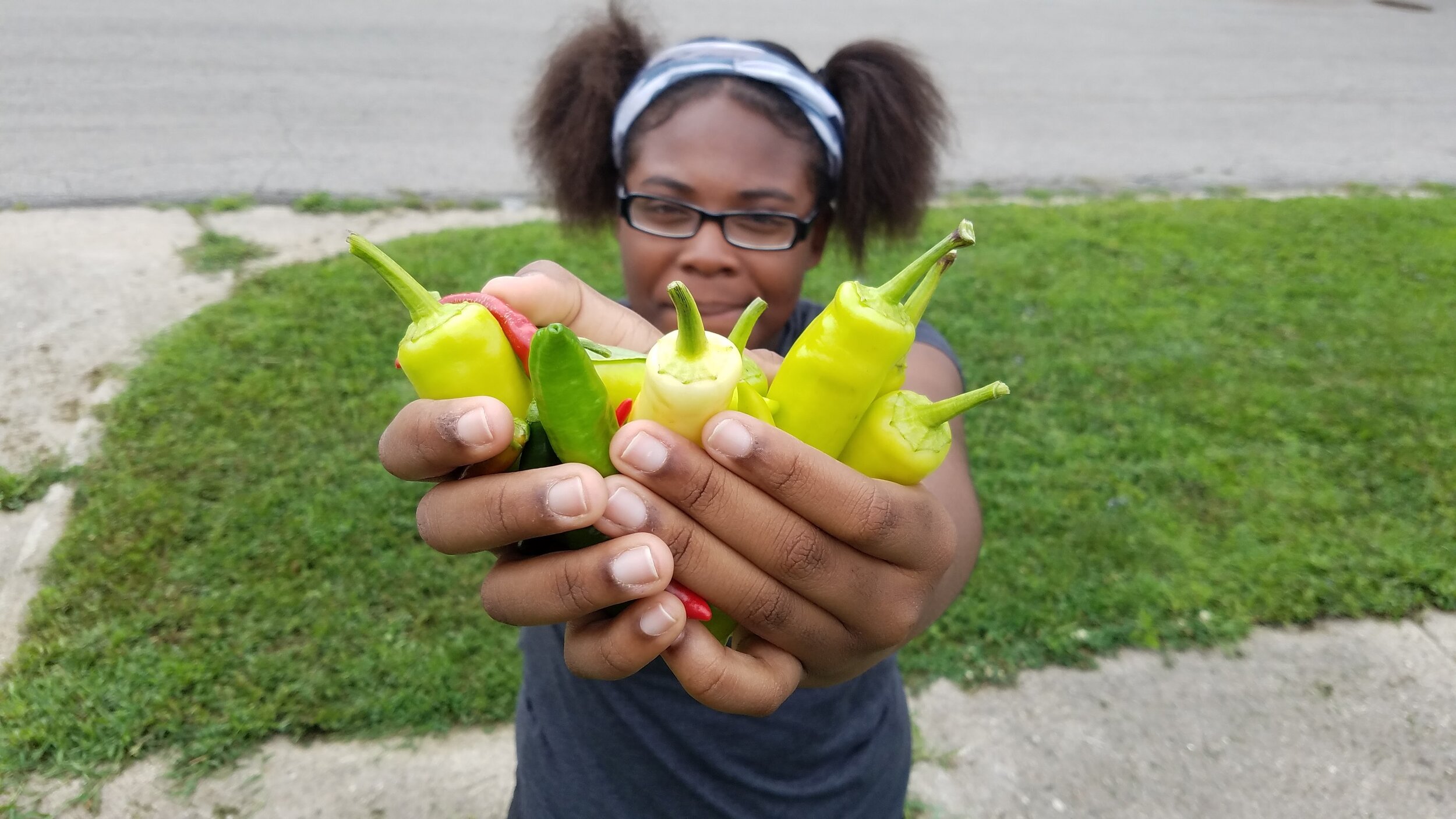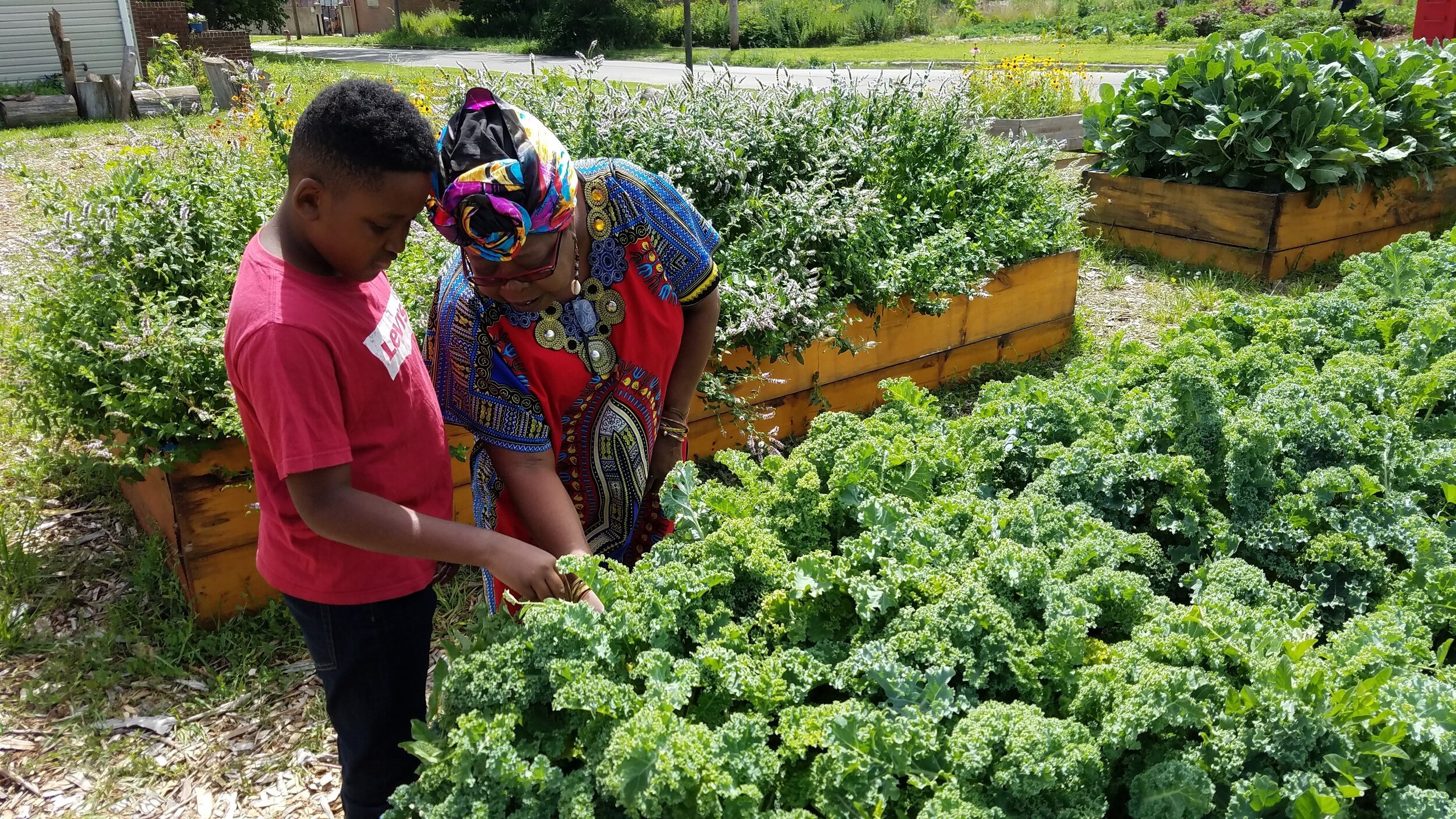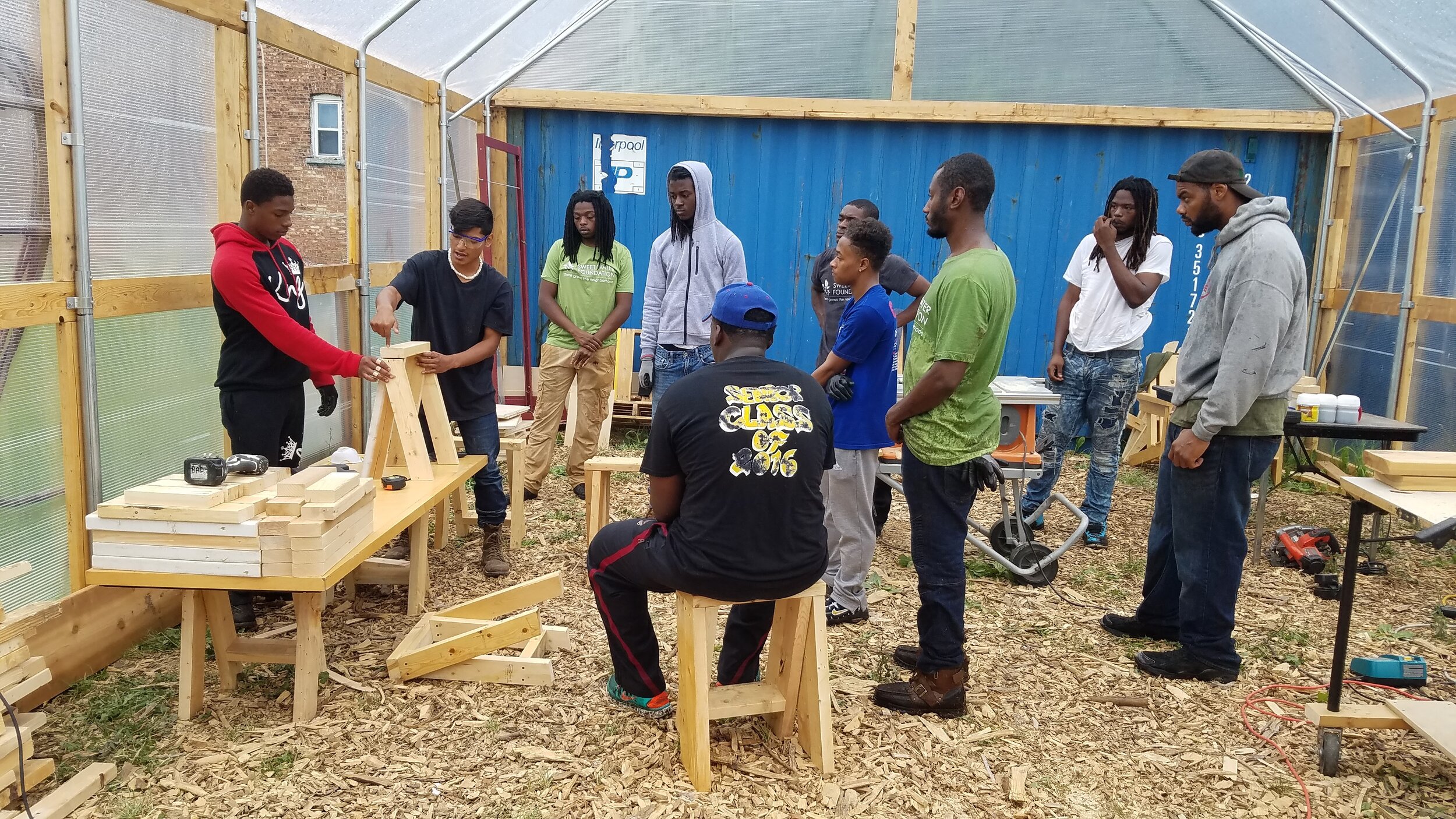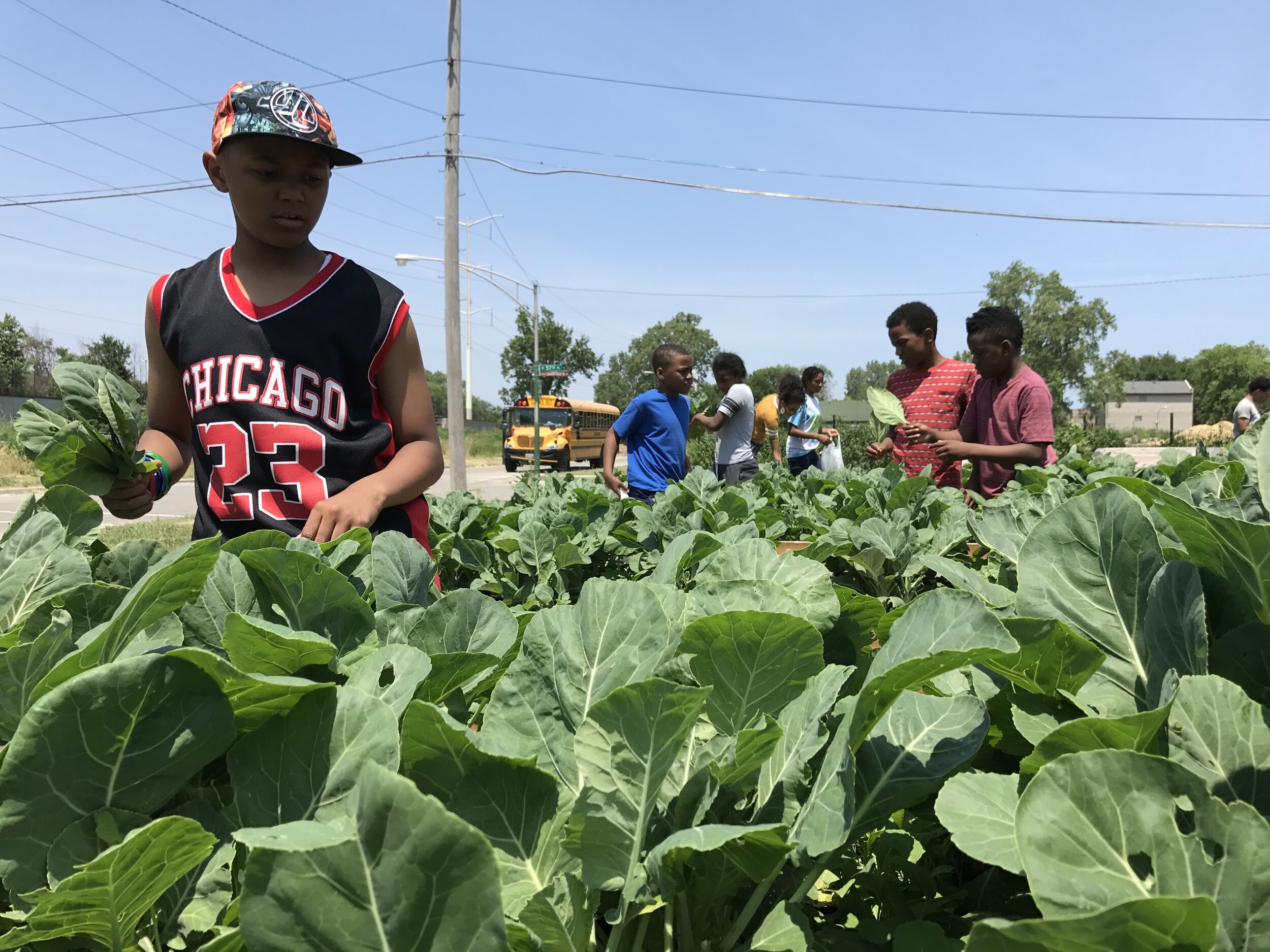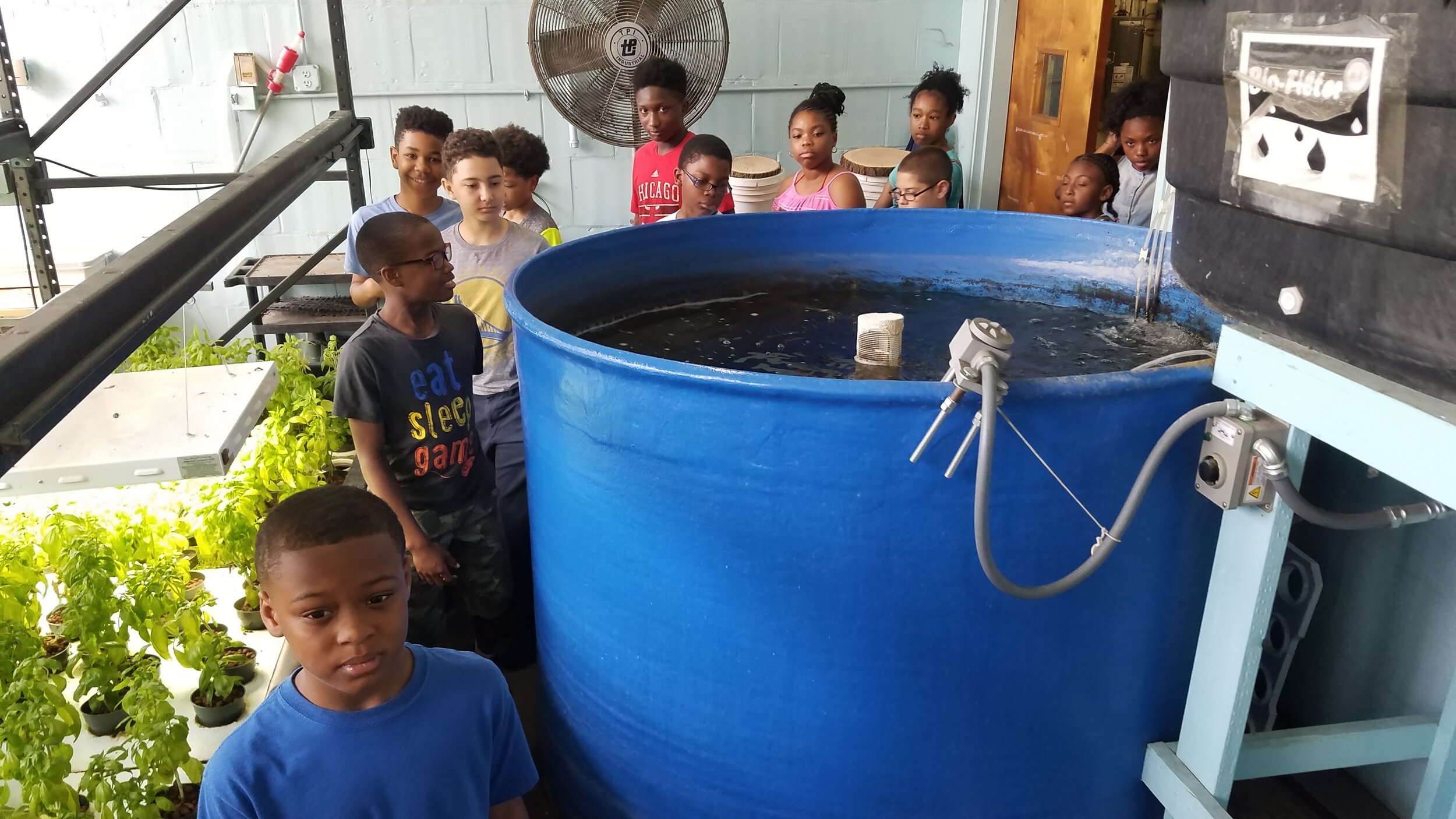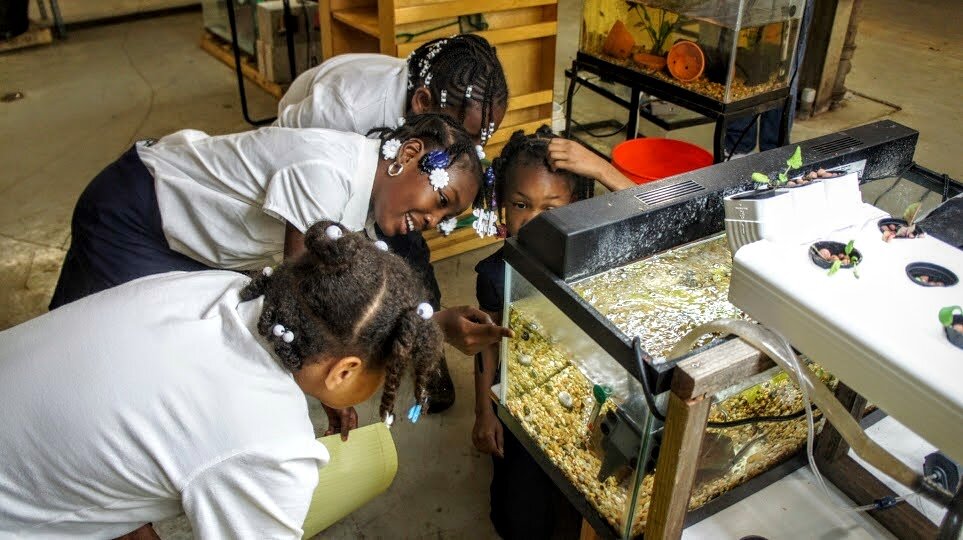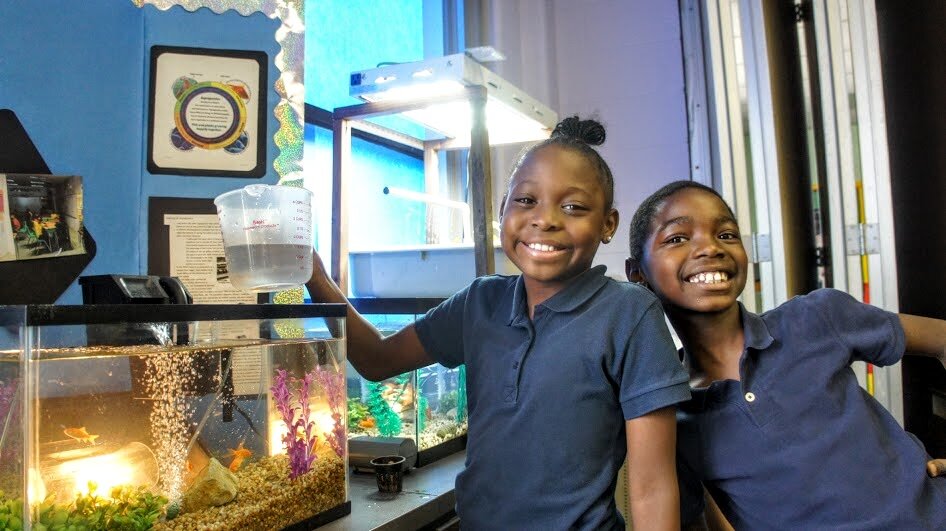Essential Education | Seeding the Future with a New Common Core
by Jia Lok Pratt
Humanity is facing a global pandemic. America is in the midst of an uprising sparked by police brutality and racial oppression. Unemployment is at an all-time high, the global food supply chain is being tested as never before, and, once again, our planet is on track to reach its hottest year on record.
Yet, somehow, as the world literally burns, education policymakers’ obsession with academic “achievement” remains unfazed. They are now focused on the “COVID slide;” calling for “large federally funded programs to reverse the losses” and testifying before Congress that “unless we get serious about flattening the learning loss curve, ...students will go into academic death spirals.” When asked what worries them most, it’s a fear that we will “get out of the habit of measuring students and their progress” and, in the name of equity, they propose “opening schools in the middle of the summer, lengthening the school day and the school year, or potentially eliminating summer vacation for the next couple of years.”
This rhetoric is bewildering. For starters, the likelihood of increased funding is nonexistent. Already strapped education budgets now face stiff competition for dwindling public funds as cities and states scramble to address rampant hunger, staggering unemployment, and an ongoing pandemic. But it’s not the lack of fiscal reality that is so disturbing, it is the profound lack of humanity in their proposals and the absence of questioning whether the track is worth getting back on at all? At a time of unparalleled social, economic, and political strife and uncertainty, how does getting kids’ standardized test scores “back on track” top the list of priorities for our children? Especially, when a return to business-as-usual would only continue to perpetuate the deeply inequitable results that have persisted for decades.
Neither a global pandemic nor an economic depression has compelled the ed policy world to join rank and file teachers’ longstanding demands to, first and foremost, meet the basic, human conditions required for effective learning. Their plans are devoid of class size reduction, school nurses, social workers, wrap-around services for families, or increased funding for arts, music, and athletics to re-engage children that have been disengaged by COVID-19 and whose myriad of pre-existing traumas have been amplified. The idea of forcing children and their teachers to spend more time in overcrowded and ill-equipped schools to “flatten the learning loss curve” meets the very definition of insanity.
Beyond the failure to prioritize children’s basic needs lies a complete dearth of forward-thinking. Our current education system was created to produce labor for an economy that is crumbling before our eyes and devastating our planet in its wake. American education remains an outdated, 20th-century industrial institution in which children are grouped by age and processed through 13 years of general education curricula that are neatly packaged into lessons, units, modules, and grades aligned to a “research and evidence-based” set of standards deemed “essential for success in college, career, and life in today’s global economy.” But, in reality, our children spend nearly two decades of the most formative years of their lives preparing for an economy that no longer exists today, let alone in the future. And, they do so in the absence of real-world experience or practical application of what they learn. Any spark of passion ignited by a teacher’s well-crafted and masterfully delivered lesson is quickly snuffed out as their class moves on to the next lesson dictated by the curricula.
We are teaching the wrong content in the wrong way and relying upon standardized tests to tell us if we’re on track. It is time to abandon these standards and shape new models of education that take into account research and evidence beyond the silos of our 20th-century educational model. We must ask ourselves: What standards are essential for our children in a post-COVID world amidst a climate emergency? What do you teach when the Earth’s average temperature is on track to exceed the critical threshold of 1.5 degrees Celsius above pre-industrial levels as early as 2030, a milestone that is almost universally accepted as catastrophic to humanity. What knowledge, skills, and experiences do our children need to survive, thrive, and build a new way forward?
Contrary to the belief of some elected officials, school buildings and the dedicated people who staff them are not the problem. Schools are one of the few remaining public goods and the only one dedicated to children. They provide daily safe harbor, warm meals, and a community of caring adults. Rather, the fundamental flaw in American education is the pathology that education should serve the needs of a single bottom line economy whose sole function is to maximize profit. Hence, the pathological focus on academic achievement, while ignoring children’s basic human needs, is normalized.
Towards a New Common Core
Just like our economy, our educational institutions are not programmed to value and sustain life. As we work to build an Essential Economy, we must also reconstruct education and expand its purpose beyond the Common Core and other dated standards. Schools should become spaces of commoning that unite us through a shared, sacred commitment to building a viable future for our children. This commitment must be the foundation for a new common core, an Essential Core, with curricula focused on that which is essential to sustaining life taught via hands-on engagement with the real world. An Essential Core curriculum will teach STE(A+)M disciplines (science, technology, (art + architecture + agriculture), and math) as children grow food for their communities and humanities through civic and community engagement as teens work alongside us to shape the world they will inherit. Success within the framework of the Essential Core will not be measured by standardized tests, but by the health and well-being of the community and with clear accountability to one another.
This vision may seem impossible to those who prescribe to the pathology of “achievement,” but regenerative, community-based education models and research-based methods of Connected Learning already exist. At Sweet Water Foundation on Chicago’s South Side, learners of all ages are working to build a viable future via Sweet Water Academy, a neighborhood development and urban ecology academy situated on a vibrant, 4-city block site, known as The Commonwealth. The Commonwealth includes a ~3-acre farm, community gardens, a work-shop, a timber frame pavilion known as the Thought Barn, and foreclosed homes transformed into community arts, culture, and education spaces. Sweet Water Academy was built on the principles of the Essential Economy and uses The Commonwealth as a dynamic campus to provide an endless supply of experiential learning opportunities that bring learning to life. Our work is demonstrating new possibilities for 21st-century education models that are regenerative, community-based, and connected.
Education is essential if we are to build a viable future, but let us not pretend that the world is as it was before and make the mistake of allowing schooling to return unaltered, or worse yet, accelerated at tremendous cost towards an ever more irrelevant end. The future is ours to create. Let us establish new ways of learning so that our children seed the future for the next generation and beyond.
There GROWS the neighborhood.

